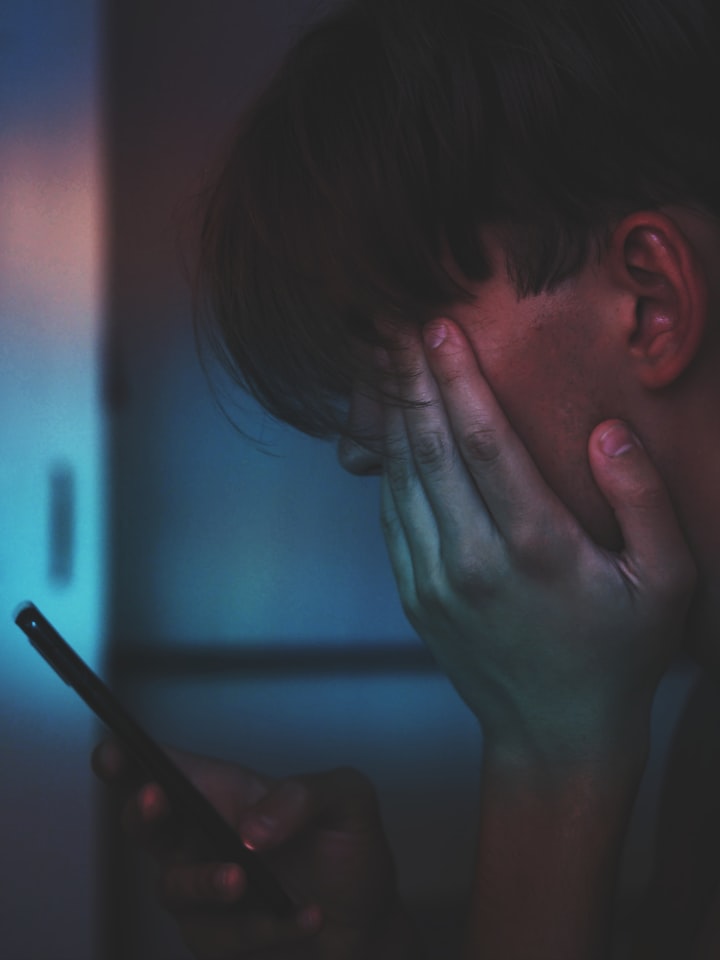OCD and Depression: The Connection and Treatment Options
OCD and Depression: The Connection and Treatment Options

Introduction
Obsessive-Compulsive Disorder (OCD) and depression are two distinct mental health conditions that, while independently pervasive, are often intertwined. This connection merits comprehensive examination to provide a holistic understanding and deliver efficient treatments, including the increasingly popular online treatment for depression.
Understanding OCD and Depression
OCD is a chronic disorder where a person experiences uncontrollable, recurring thoughts (obsessions) and behaviors (compulsions) they feel compelled to repeat over and over. These obsessions and compulsions can interfere significantly with a person's daily activities and social interactions.
Depression, on the other hand, is a common mood disorder characterized by persistent feelings of sadness, disinterest, and a lack of energy. It can result in a variety of emotional and physical problems and can diminish a person’s ability to function at work and home.
The Connection Between OCD and Depression
According to research, there is a substantial overlap between OCD and depression, with approximately 50% of individuals with OCD also diagnosed with depression. This interrelation is not coincidental; rather, it underlines the interconnected nature of mental health conditions.
There are several hypotheses for this connection. OCD can be an emotionally exhausting condition; the constant loop of obsessions and compulsions can lead to feelings of hopelessness and despair, which may culminate in depression. Conversely, the debilitating effect of depression may exacerbate OCD symptoms by reducing the ability to resist obsessions and compulsions.
Moreover, both disorders share similar neurobiological mechanisms, such as alterations in the serotonin system. Both OCD and depression have been associated with dysfunctions in the parts of the brain responsible for regulating mood and behavior.
Treatment Options for OCD and Depression
Understanding the connection between OCD and depression is essential for formulating effective treatment strategies. Treatment for these co-existing conditions is usually a combination of medication, psychotherapy, and lifestyle changes.
Medication: Selective serotonin reuptake inhibitors (SSRIs) are often the first line of treatment for both OCD and depression. These medications work by increasing the level of serotonin, a neurotransmitter associated with mood regulation, in the brain. However, it's important to note that medications work best when paired with psychotherapy.
Cognitive Behavioral Therapy (CBT): CBT is a type of psychotherapy that helps individuals learn to identify and change destructive thought patterns that lead to harmful behaviors and feelings. In cases of OCD and depression, CBT, particularly a subtype known as Exposure and Response Prevention (ERP), can be very effective.
Lifestyle Changes: Regular exercise, a healthy diet, adequate sleep, and reduced intake of alcohol, caffeine, and nicotine can help manage symptoms of both conditions.
Online Treatment for Depression
With the rise of technology, online treatment for depression has gained momentum and recognition as a convenient, accessible option. Online therapy sessions allow individuals to receive treatment in the comfort of their own homes, thereby reducing the stigma associated with seeking mental health treatment. Furthermore, it's particularly beneficial during times of physical distancing measures, like during a pandemic.
Online treatment options include CBT, interpersonal therapy (IPT), and other therapeutic approaches, often combined with self-care activities and, if necessary, medication management. These interventions are delivered through various online platforms, including video calls, instant messaging, emails, and digital self-help programs. Recent studies indicate that online therapy is just as effective as traditional face-to-face therapy.
In addition to therapy sessions, there are numerous self-help resources available online. These range from mental health apps that offer mood tracking, guided meditations, cognitive-behavioral exercises to online support communities where individuals can share their experiences and coping strategies.
Conclusion
The connection between OCD and depression is complex, with each condition potentially exacerbating the other. However, with a comprehensive understanding of these disorders and their connection, healthcare providers can offer effective treatments, including medication, psychotherapy, lifestyle modifications, and online treatment options.
The advent of online treatment for depression signifies a paradigm shift in mental health care, offering a flexible, accessible, and efficient way to receive therapy. As we continue to advance, it is essential that we keep exploring innovative ways to deliver effective mental health treatment, particularly for interconnected conditions like OCD and depression.





Comments
There are no comments for this story
Be the first to respond and start the conversation.